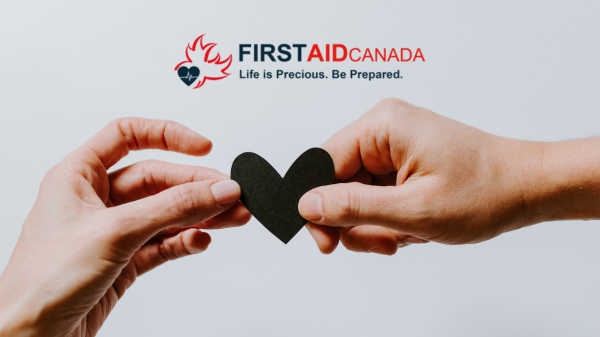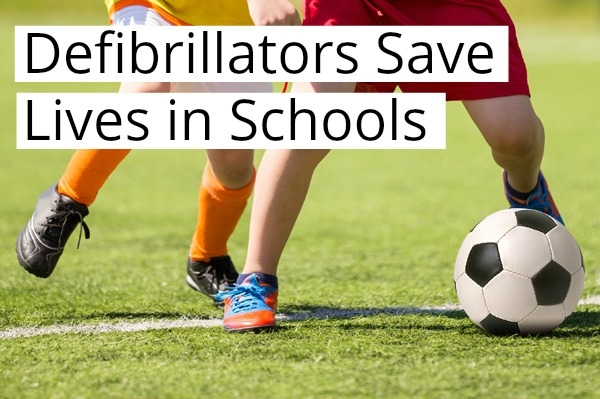As wildfires continue to ravage California, the relentless flames are not only consuming thousands of acres of land but also leaving a lasting impact on communities, wildlife, and the environment—underscoring the urgent need for action in the face of a growing crisis. While safety is your top priority, we also understand that during a fire, there’s a natural instinct to gather personal items and cherished belongings—things that carry sentimental value. But in the rush of those crucial moments, how can you stay calm and make the best decisions? This guide offers insight into how to protect yourself, your family, and …
Surviving the Heat: Understanding the Risks to Your Heart
As the summer sun beats down relentlessly, it’s crucial to be aware of the dangers posed by extreme heat, especially if you have underlying heart conditions. Heatwaves not only test our endurance but also place significant stress on our cardiovascular systems, increasing the risk of heart attacks, cardiac arrest, and strokes. Understanding these risks and taking proactive steps before an adventure, such as investing in an AED and learning CPR/First Aid Training, can make all the difference in staying safe this summer. Heart Conditions and Heat: A Dangerous Combination Extreme heat affects everyone, but those with heart conditions are particularly …
Winter and Your Heart: Navigating Cardiovascular Risks
Winter brings more than just frosty temperatures; it may also impact our cardiovascular health. Let’s explore the connection between cold weather and heart concerns, along with practical steps to safeguard your well-being. The Cold Snap and Cardiovascular Risk: Studies suggest that exposure to cold weather can strain the cardiovascular system, potentially leading to increased blood pressure, blood clot formation, and a higher heart rate. Protecting Your Heart in Winter 1. Bundle Up: Dress warmly to reduce the body’s stress response. Layer clothing and cover extremities to maintain body heat. 2. Stay Active: Opt for indoor exercises to counteract the sedentary …
3 Warning Signs of Cardiac Arrest
3 Warning Signs of Cardiac Arrest Cardiac Arrest can happen at any age and at any time. Although these incidences can be extremely hard to predict there are three red flags or warning signs, which could save your life. 1. Dizzy Spells Having dizzy spells or passing out during exercise can be a telltale sign of a heart condition. Dizziness can be a sign that your heart’s rhythm isn’t functioning regularly which may cause you to collapse. Luckily if you collapse with enough consciousness to wake up this is most likely a sign your heart was strong enough to regain …
February is Heart Month
What is Heart Month? For over 60 years the Heart and Stroke Foundation has organized Heart Month. It is has become one of the largest fundraising campaigns in Canada. February is widely recognized as the month of love. Ahem, Valentine’s Day. It will come as no surprise that February is also a month dedicated to raising awareness for cardiovascular health. While it may be endearing to have your heart skip a beat for the love of your life or for your breath to be taken away, make sure the experience is one of love and not that of oxygen loss or abnormal heart rhythm. …
Defibrillators Save Lives in Schools
Defibrillators Save Lives in Schools Having an AED onsite at school can mean the difference between life and death. Being September we felt it was important to go into detail of the value of having a defibrillator onsite within schools. Age Doesn’t Matter There is a common misconception when it comes to cardiac arrest, often people believe it can only occur in aging or unhealthy adults, when quite commonly children can suffer from sudden cardiac arrest. Often when cardiac arrest occurs in children it is related to a heart condition that had not yet been recognized or diagnosed, so a …
Songs to Save Lives
Songs to Save Lives Did you know one of your all-time favourite songs could help you save a life one day? Or even save your life one day? Cardiac arrest can happen at any time, any age or any place, which is why it is important to be as prepared as possible. If there is no defibrillator or emergency personnel around, call 9-1-1 and begin CPR. CPR could potentially save lives as taking immediate life-saving action can double or even triple a person’s chance of survival. If you wish to learn more about CPR you can check out any of our …
Simple Steps to Prevent Heart Disease
Simple Steps to Prevent Heart Disease As February has come to an end so has #HeartMonth 2017. Each day of the month we shared a heart healthy fact with you via social media: Twitter Facebook Google+ If you aren’t following us already we share health tips, safety tips and inspirational news stories on a daily basis. The First Aid Canada team thought this would be a great time to review simple steps you can take to prevent Heart Disease in your life. Heart Disease is the second leading cause of death in Canada so it is important to take the …
Does Your Child’s School Have a Defibrillator?
Does Your Child’s School Have a Defibrillator Onsite? In our previous blog How to be Prepared for Back-to-School Sports we touched on the importance of adequate first aid supplies within sporting facilities, which included Automated External Defibrillators. Because having an AED onsite can mean the difference between life and death we felt it was important to go into detail of the value of having a defibrillator onsite within schools. Age Doesn’t Matter There is a common misconception when it comes to cardiac arrest, often people believe it can only occur in aging or unhealthy adults, when quite commonly children can …
What to Look for on the Golf Course this Spring
With Spring in full bloom the golfers have started to head out to the courses to break personal records, for friendly competition with friends or maybe even a hole-in-one! If you are a frequent golfer it is important to be familiar with the signs and symptoms of heart attacks. It is not uncommon for cardiac arrest to occur on the golf course as the attacks themselves sneak upon you suddenly. Heart attacks can also happen at any age. For more information on warning signs and symptoms check out our blog on The Difference in Heart Attacks for Men and …
Facts to Know This Winter: Heart Attack in Men vs. Women
Facts to Know This Winter: Heart Attack in Men vs. Women Every 7 minutes in Canada, someone dies from heart disease or stroke (Statistics Canada, 2011c). Unfortunately, it is too often we hear of heart issues occurring in the winter, for example from shoveling snow. It is important to thoroughly understand what occurs inside the body during these incidences to know best practices on how to treat and respond to them. Angina & Heart Disease: Angina (chest pain) is a strong warning sign of heart disease and if left untreated will eventually lead to a heart attack, stroke …
Understanding The Difference: Heart Attacks vs. Cardiac Arrest
Giving Back: In October 2014 the First Aid Canada Team gave back in the form of first aid supplies to underprivileged communities in Honduras through the organization The Friends of Honduran Children. The FOHC is a non-profit organization based in Peterborough, Ontario. The organization is committed to the delivery of sustainable programs to the impoverished children and families in Tegucigalpa, Honduras. Among the several services intended to break the cycle of inequality and poverty in this population, medical brigades is one way to contribute. This past October (2014), a health promotion brigade consisting of an interdisciplinary team including nursing students from Trent University, travelled to Honduras …
- Page 1 of 2
- 1
- 2












